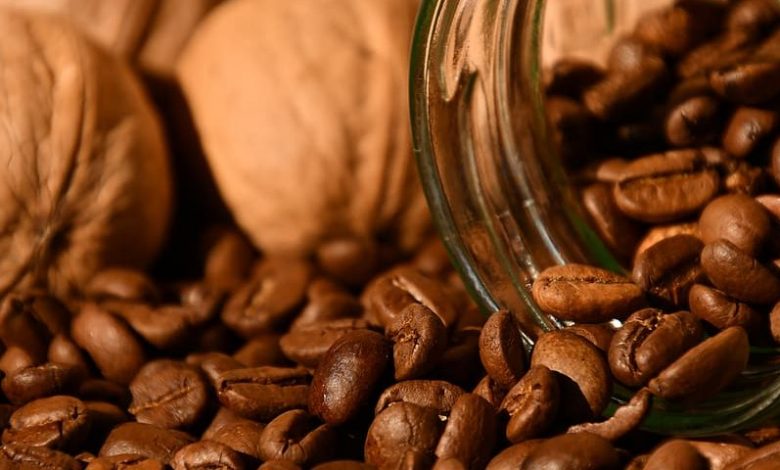5 Best Ways as How to Store Coffee

Excellent options for coffee storage are glass coffee bag, airtight, metal coffee bag, or ceramic canisters. The metal cans have a double lid, for maximum freshness retention and an airtight seal. Just like with the storage of tea, storing coffee through bags manufactured by a quality coffee bag manufacturer contains misconceptions.
Here are a few facts on coffee beans and ground coffee storage for maximum freshness and flavor. Books on coffee can teach you how to serve coffee, but if you are serving a sub-standard product, then all the serving skills in the world won’t matter.
The four things to avoid when storing coffee are light, heat, moisture, and air. Here is some advice for storing coffee:
- Dry, cool, and dark places (like a cabinet or pantry) are ideal for storing coffee.
- Avoid moist locations like freezers or refrigerators.
- Avoid warm locations like over the stove or in cabinets that face direct sunlight.
- Airtight, opaque containers are ideal for storage when kept on a countertop that faces no direct sunlight or heat exposure.
- Once a product’s original packaging has been opened, coffee will quickly lose freshness.
Container Types
- The ideals containers for coffee storage are those made of non-reactive metal, ceramic or glass; and they have airtight gaskets.
- Coffee should only be stored fresh in clear glass or plastic canisters if they are kept in dark, cool locations.
- For storage on a countertop, use airtight, opaque containers.
Long Term Freshness
- Coffee is at peak freshness immediately after it is roasted, and begins to lose freshness after that.
- Whole beans should be used within 30 days of roasting.
- Only buy coffee for a short period at a time, rather than buying a large amount and allowing it to lose freshness in storage.
If you do buy in bulk, store it in an airtight container in a dark, cool area. Keep a smaller portion out for everyday use. Only open your larger container when you are refilling the smaller one. Limiting air exposure is important to maintaining freshness.
Freshness Difference between Whole Beans and Ground Coffee
Ground coffee goes bad far quicker than whole beans, primarily because it has a much larger surface area.
Green Whole Beans
- Many high-end coffee retailers sell numerous varieties of green whole coffee beans. Green coffee beans are easier to store and last far longer than roasted beans. Properly stored green varieties can last a year or more.
- Green beans can be roasted at home, providing the freshest green coffee.
- After roasting green beans, place them in an airtight canister or valve-sealed bag and open it once a day for the first week. Immediately after roasting, your beans will put off a large amount of carbon dioxide, and periodically opening their storage container will slowly release it.
Freezing Coffee
- Freezing is generally not recommended for coffee freshness. It causes the oil to break down, and if the seal isn’t completely airtight, your coffee will taste like other items that were in your freezer.
- If you must freeze your coffee, you can use heat-sealed bags or airtight foil to store coffee in the freezer for up to 30 days.
- Never return coffee bags or packages to the freezer once they have been opened. Repeated thawing will result in a flavorless coffee, and the flavor it does have will be of the inside of your freezer.
Tip to Remember
None of this qualifies as barista training, nor is it an all-inclusive resource on how to store coffee. However, using these tips will ensure that you are serving the best tasting coffee possible.


